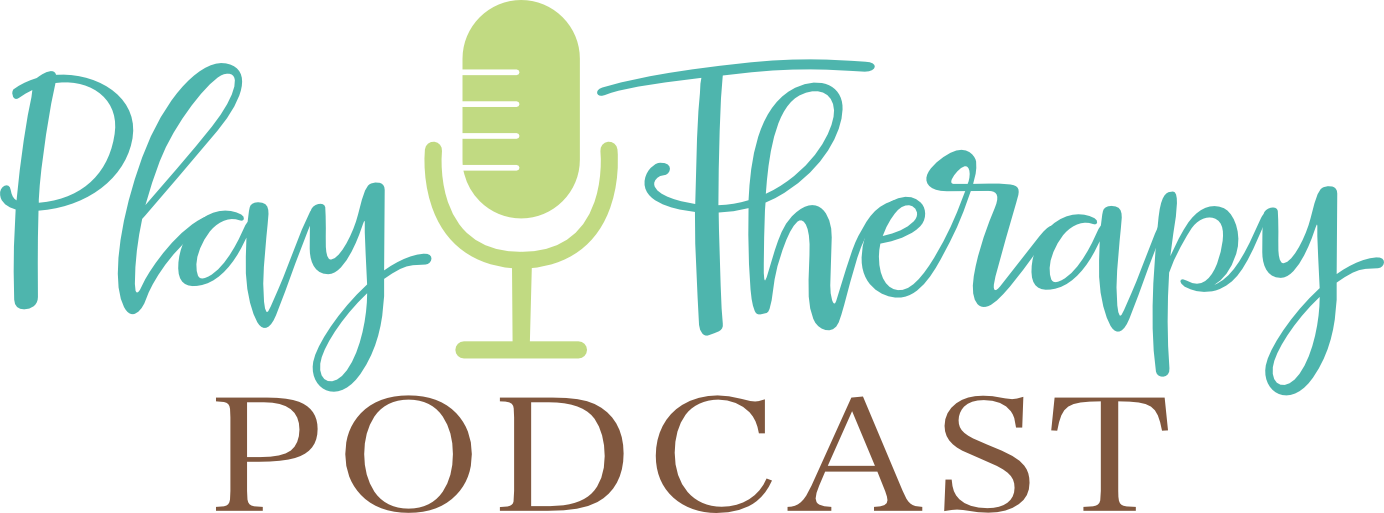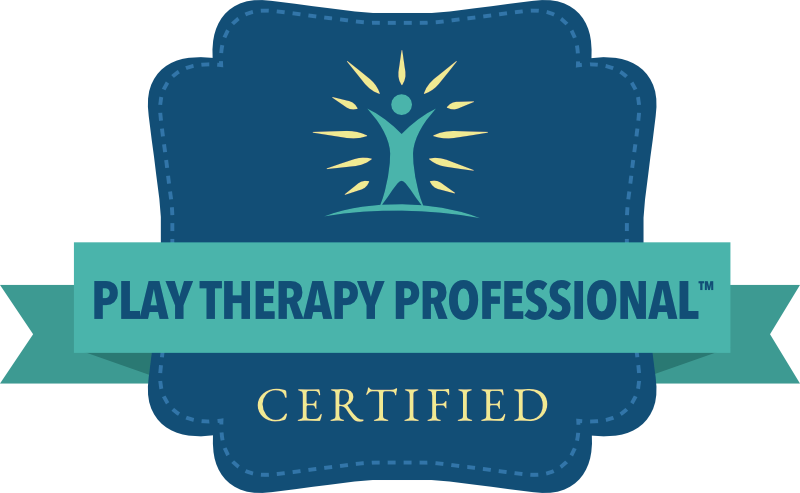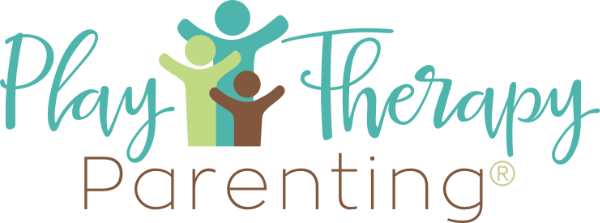Staying True to the Model: Child-Centered Feedback for Pandemic-Related Anxiety
Listener Yanna, in MA, emailed me asking about a client who has severe anxiety related to germs, possibly related to the pandemic. I’ve posted her email below.
“I am hoping you could provide some child-centered strategies and feedback on how to best support my client. I have been working with a 7-year female since February for anxiety. The presenting problems consist of fear of vomit, germs, mold in food, and getting sick. Based on my clinician assessment, I believe this trauma response from the pandemic as this child lost a couple of family members. However, I am feeling lots of pressure from parents as her anxiety symptoms have worsened since summer is approaching. More specifically, a child is refusing to go to summer camp, eating lunch in the cafeteria, and at times refusing to go outside. Parents also shared that clients began to wash their hands constantly throughout the day because of germs. Parents also reported client requires lots of reassurance that she will not get sick. I am concerned about an OCD diagnosis but have not discussed it with parents yet. In the playroom, we have established great rapport and trust however I am concerned the client remains in the resistance stage. Her play consists of arts and crafts, drawing, and coloring- All very pretty things like hearts, flowers, etc. I have opened the door for her to feel safe playing out or sharing scary feelings and I had said statements such as “You know this is a space where you play and share anything you want, even very scary feelings about germs” She has not taken these opportunities and becomes very guarded/avoidant when I say these statements. I know that she may not be ready to do the work, but I am wondering if I should be doing something else? some folks in the field are recommending transition to directed play therapy but I want to remain true to CCPT. I have increased our sessions to twice a week because her anxiety symptoms are worsening.”
In this episode, I give my feedback and hit on the following topics:
– Articulating the play therapy process
– Resistance vs “comfort play”
– Why child-centered “plus” damages the relationship
– “Things always get worse before they get better”
– Ideal vs actual
Podcast HQ: https://www.playtherapypodcast.com
Play Therapy Training HQ: https://www.playtherapynow.com
Email me: [email protected]
Follow me on Twitter: @thekidcounselor https://twitter.com/thekidcounselor








